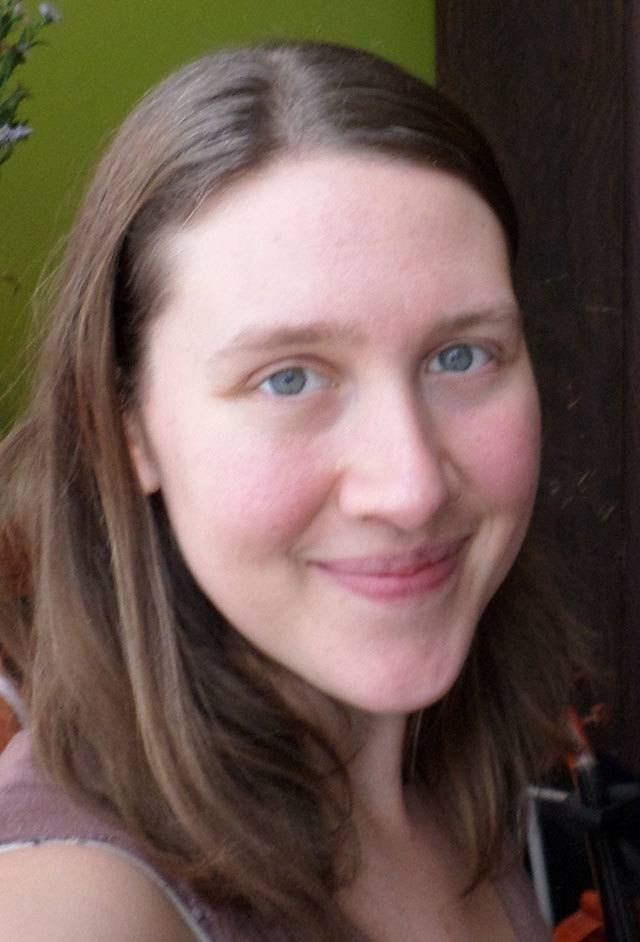I love Donald Trump.
No, I didn’t vote for him, nor do I support what he stands for politically. But I extend my compassion to him because, I believe, this is the only way to bring about peace.
So often in recent days, I have heard pleading and praying for more peace in this world, and then words of blame and hatred from those very same mouths. With every angry word, peace becomes more distant from ourselves, and from our world.
“He doesn’t deserve our compassion!” some might claim, as if love and peace are only for the loving and peaceful. If that is the case, do any of us deserve it? Love should be extended to all, no holds barred, as we work to untangle the knots of distress and disease in our global society. This kind of radical compassion is the only way to truly enact our race’s capacity for peace. We cannot “fight” for peace. We can only access peace by being peaceful.
It’s easy for us to feel empathetic toward marginalized minorities, but can we extend that same empathy to those with whom we strongly disagree and perceive as a threat to our values? If Martin Luther King implored the black community to love their white oppressors, we should hold ourselves to that same standard in the modern peace movement.
When I was 16, my best friend was murdered by her father. Many people in the Vashon community remember this tragic event. For me, it completely shaped who I became. In the wake of such devastation, I hated her father. I could not understand how something like this could possibly happen, how a father could do such a thing. And this confusion and hatred weighed on me heavily for years.
It wasn’t until I opened my heart in compassion to a man I thought of as an enemy that I realized the healing power of true peace. He had been a prisoner of war. He had had to flee his home country that was rent by violent conflict and invasion. Clearly, these horrors continued to haunt him even after immigrating to the U.S. In this light, my friend’s father was also a victim. It was this realization that transformed my hatred and confusion into love and forgiveness. My need for blame vanished.
The truth is we do not suffer, or cause others suffering, as isolated events. Suffering is a legacy, the root of which can be traced back seemingly infinite generations. Instead of blaming and hating, let us perpetuate a legacy of forgiveness that benefits all and excludes none.
When we get angry and hateful toward others, we rob ourselves of the only peace we really have any control over: our own inner peace. When we work to maintain peace in ourselves, our families benefit. Our friends and co-workers benefit. Our community as a whole benefits from each individual’s vigilant practice of radical compassion.
Thich Nhat Hanh, the renowned Zen master and peace worker who was nominated for the Nobel Peace Prize by Martin Luther King, said this:
“If we can smile in our daily life, if we can be peaceful and happy, not only we, but everyone will profit from it. This is the most basic kind of peace work.”
We need not stop working for peace, but it is essential that we stop fighting for peace.
— Camille Reeves is a longtime islander and musician.



